Keywords: Right To Choose
There are more than 200 results, only the first 200 are displayed here.
-
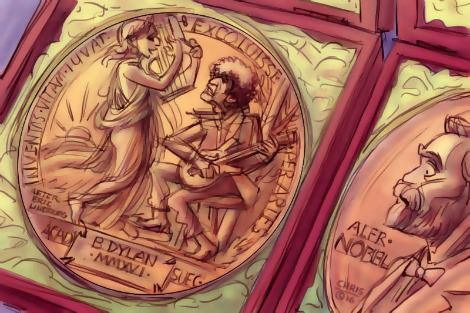
INTERNATIONAL
- Philip Harvey
- 04 November 2016
10 Comments
Initial silence from Dylan after the announcement of his Nobel Prize led one of the Scandinavian officials to complain he was being 'impolite and arrogant'. This prompted even more vitriolic opinion online on all sides, from fans, litterateurs, Dylanologists, and other armchair grenadiers. Just as things were getting completely tangled up in blue Dylan himself broke the silence to explain that news of the award had left him speechless. We shouldn't be surprised. Speechless is a normal state for a poet.
READ MORE 
-
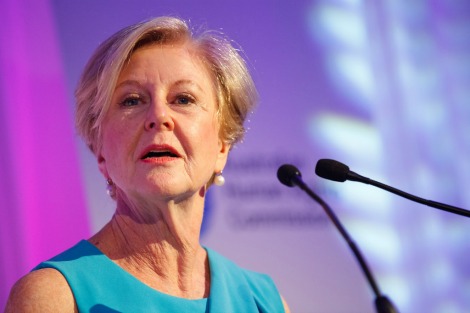
AUSTRALIA
- Moira Rayner
- 25 October 2016
55 Comments
This damnable pursuit of Gillian Triggs must stop at once. Triggs is an outstanding independent statutory office holder, one of the many appointed by governments over decades to remind them of Australia's international human rights obligations and to oversee the functions of laws to mitigate social wrongs such as age, race, disability and sex discrimination in public arenas. But no government likes watchdogs on the moral and legal limits on its power.
READ MORE 
-
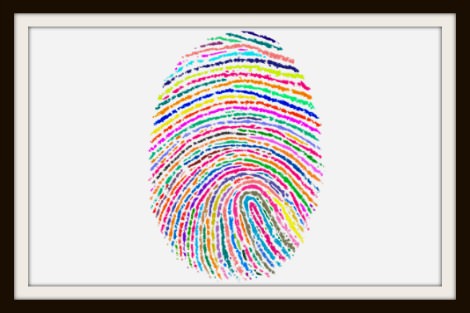
AUSTRALIA
- Andrew Hamilton
- 19 October 2016
7 Comments
Promos suggest you can choose your identity. Join a tour to Kurdistan and you can become an adventurer. Buy an Aussie flag, sing loudly about boundless plains, and you can become a dinky di Aussie. Identity, however, is more subtle. It is formed by relationships, to the human race, to body, to place of birth, to language, to the significant adults of childhood, to possessions, to education and work, to hobbies, religions and political parties and to all the people met through these relationships.
READ MORE 
-

AUSTRALIA
- Shira Sebban
- 18 October 2016
12 Comments
Finally he is having his day in court. After 13 months languishing in limbo in immigration detention, he has been given the opportunity to be heard. Hopefully, it won't be long now before his case is determined and his torment resolved. Or so I thought. But in today's Australia, asylum seekers are not treated the same way as you or me. I meet him not as originally planned in the courtroom itself, but in the bowels of the building where he has been confined for the second day in a row to a tiny cell.
READ MORE 
-

AUSTRALIA
- Andrew Hamilton
- 05 October 2016
5 Comments
In political commentary liberal politics and identity politics are often presented as polar opposites. For supporters of liberal politics the relationship between the two is one between virtue and vice, rationality and emotion, the wise against the mob. I believe that the relationship is more complex, that identity politics shares the same stunted assumptions about personal and national identity as liberal politics, sees the self-interest of the latter, and wants to despoil it.
READ MORE 
-
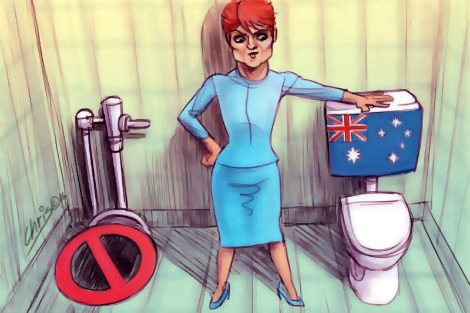
AUSTRALIA
- Osmond Chiu
- 16 September 2016
12 Comments
It is ironic that Hanson thrives on the perception that she is an authentic outsider against 'the system' when in fact she is part of that system. Think about how she is constantly given paid platforms by television networks. She hasn't been silenced by 'the system', her voice is heard and has been amplified. She is also no amateur, she is a professional and knows exactly what she is doing. She is not some 'battler' being picked on, and that needs to be emphasised.
READ MORE 
-
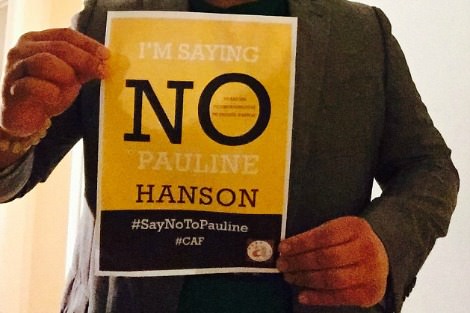
AUSTRALIA
- Tseen Khoo
- 07 September 2016
3 Comments
The Chinese Australian Forum witnessed the traction that One Nation had regained, and the re-emergence of Pauline Hanson as senator. This spurred them to mobilise against the rising prevalence of racist hate-speech against Muslim communities. Informed by previous experiences of One Nation coming to prominence in the 1990s, the CFA launched a #saynotoPauline campaign. It is one example of inter-community collaboration that is crucial in building momentum for broader anti-racist activity.
READ MORE 
-
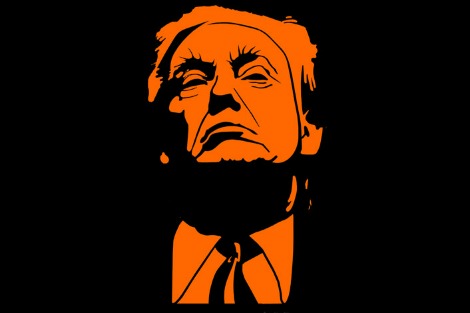
INTERNATIONAL
- Jim McDermott
- 24 August 2016
5 Comments
Maybe standing there we weren't afraid about the fight that was happening across the street, but the fraying at the edges that it represents, the insecurity that the gospel both of Trump and against Trump seems to be creating in our society. It echoes the insecurity we hear in the Brexit vote, and the treatment of both ethnic British citizens and immigrants that followed. Likewise, the resurrection of Pauline Hanson and her One Nation party. None of it sounds good and where is it all going?
READ MORE 
-

ARTS AND CULTURE
- Tim Kroenert
- 19 August 2016
6 Comments
The film's quiet humour leaves open many spaces for reflection on getting older, and on mortality. Tomas is uncomfortable with the subject of death, but Julian is determined to confront it with honesty and dignity. His activities during those four short days reveal he possesses a well formed conception of his own humanity and mortality that is not short of admirable. We are as sympathetic to Paula raging against her cousin's resignation, as we are to Tomas' growing acceptance.
READ MORE 
-
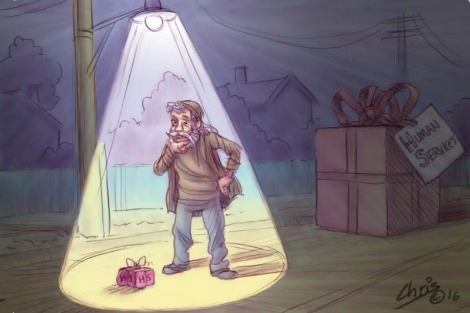
AUSTRALIA
- Roland Manderson
- 12 August 2016
14 Comments
There is a joke about a man looking for a coin under a streetlight: he had dropped it elsewhere, in the dark, but was looking under the streetlight because he could see more clearly there. In the same way, the thinking behind the Productivity Commission inquiry into increasing competition, contestability and informed user choice in human services is fundamentally flawed. The complexity and interconnectedness of human services is too challenging for market economics to properly address.
READ MORE 
-

ARTS AND CULTURE
- Tim Kroenert
- 30 June 2016
1 Comment
This strange and engrossing Italian film proffers an unsettling rumination upon the rituals of mourning, and upon a mode of grief which itself is a kind of death. It opens with a sweeping close-up of an imposing crucifix, and the fine musculature of a graven Christ. A mass of mourners is then revealed, and before them a woman, immobile and weeping silently. The camera angle cuts to calf level, to reveal a trail of urine more copious than her tears, running down her leg to her shoes.
READ MORE 
-
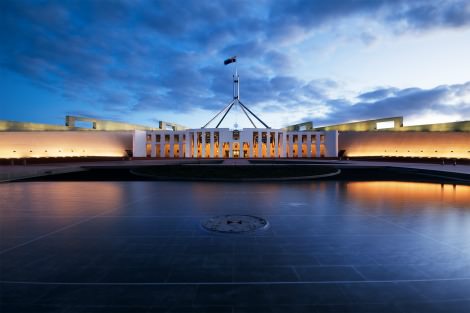
RELIGION
- Andrew Hamilton
- 30 June 2016
8 Comments
During the campaign neither of the major parties addressed seriously the major challenges facing Australia: climate change, inequality and the forced movement of peoples. That makes it inevitable that following this election, sovereignty, mandates and other weighty words will continue to dominate public conversation. They usually function as political knives to cut through the messiness of our democratic order. But they also carry a theological weight that may illuminate our present condition.
READ MORE 